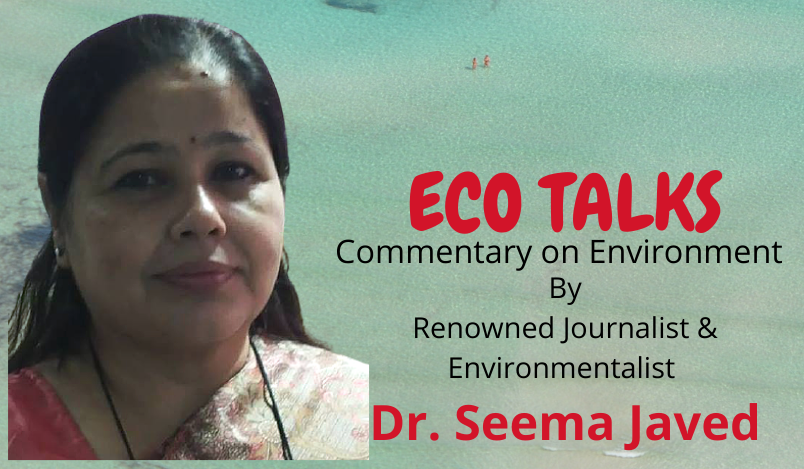 G20 Leaders’ Summit announced the New Delhi Leaders’ Declaration on Saturday giving the world a preview into India’s diplomatic skills to ensure multilateralism and international cooperation.
G20 Leaders’ Summit announced the New Delhi Leaders’ Declaration on Saturday giving the world a preview into India’s diplomatic skills to ensure multilateralism and international cooperation.
The document focussed extensively on reforming global financial institutions and debt structuring to make funds available for developing nations struggling to meet climate challenges, setting the tone for discussions in the upcoming COP28 to be held in the UAE.
With extreme weather events hitting hard this year, climate change remained high on the geopolitical agenda. There were high expectations, and also differing views on the level of climate action which must be urgently taken across major emitting countries, which include historial emitters like the US and Europe but also large economies like China and India.
The big climate wins come with the agreement on tripling renewables targets by 2030 and putting a number to the need for climate finance for the first time in G20.
The UNFCCC’s first ever Global Stocktake report yesterday reiterated that the window to meet the 1.5 degree C target is closing fast. The Delhi Declaration gives hope towards climate action from the world’s major emitters responsible for 85% of emissions, however they missed agreeing on phasing out unabated fossil fuels.

TOP LINES
● G20 inducted the African Union as a new permanent member, making it the G21.
● Climate issues were interspersed across several key strands of the G20 discussions, including the bilaterals, and remained among key sticking points till the very end.
● Overall, strong support for the Paris Agreement, and its targets including the 1.5 degree C warming limit was expressed
● Moves the language on finance from billions to trillions. Makes an effort to shift the discourse from mitigation – only finance- to resilience and adaptation. For the first time in G20, recognises the quantum for climate finance – gives a figure of USD 5.8-5.9 tr needed by pre 2030 for NDC achievement, and USD 4TR annually for achieving Net Zero by 2050.
● Encourages tripling of RE capacity by 2030, and voluntary doubling the rate of energy efficiency improvement by 2030.The agreement to triple renewable energy globally will be a huge boost to the clean energy sector if it can be matched with technology and finance.
● No new language from the last G20 on efforts to phase down coal- maintains the status quo. G20, home to 93% of global operating coal power plants and 88% of new proposed unabated coal power plants failed to agree to end new coal power plant construction.
● Recognize the importance of sustainable biofuels in zero and low- emission development strategies, and note the setting up of a Global Biofuels Alliance.
● No specific progress on phase down of coal but announced the establishing of a Green Hydrogen Innovation Centre steered by the International Solar Alliance (ISA) and also mentions derivatives like ammonia.
● Although it recognises the need to reduce emissions by 43% by 2030 (relative to 2019 levels) and notes that global peaking must occur before 2025 (as prescribed by the IPCC’s AR6 Synthesis Report), it mentions that this doesn’t imply all countries must peak according to this timeline. This shows that while there is acknowledgement of climate science and policy inputs, principles of CBDR- RC remain alive when it comes to climate action.
● Strong support expressed for MDB reforms, including Sustainable Finance Working group recommendations for scaling up blended finance and risk-sharing facilities and the enhanced role of MDBs in mobilising climate finance, especially through concessional resources.
● Calls for an ambitious second replenishment process of the Green Climate Fund for its upcoming 2024-2027 programming period
● Commitment to work toward facilitating access to multilateral climate funds and enhancing their leverage and ability to mobilize private capital.
● A multi-year G20 Technical Assistance Action Plan (TAAP) to address data related barriers for climate investments
● Global Biofuels Alliance was launched.
 Jubilee Post News & Views
Jubilee Post News & Views





